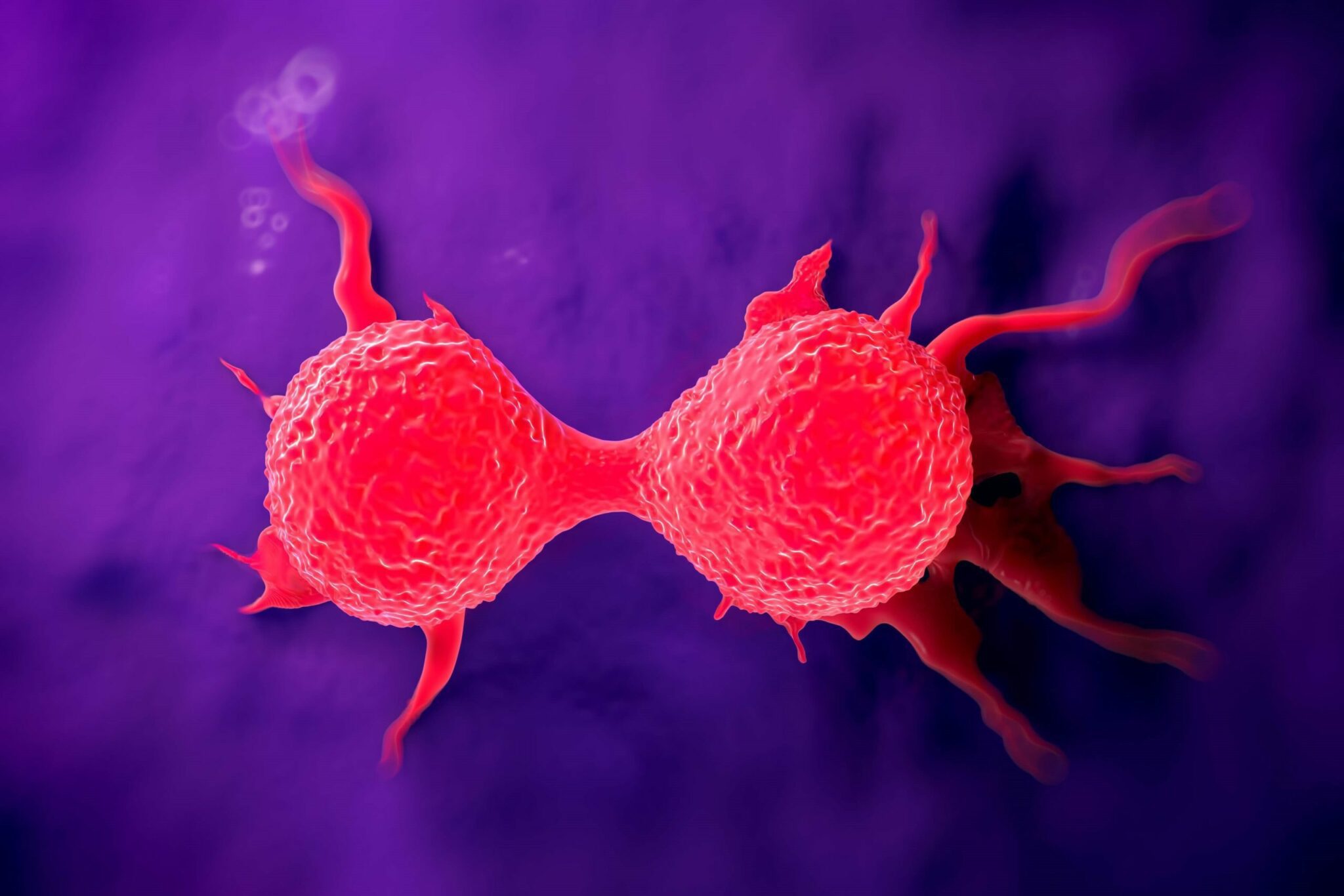Are Epigenetics An Early Cancer-Causing Event?


Research conducted at the Queen Mary University of London by Cancer Epigenetics Society Member, Dr. Gabriella Ficz and her collaborators, shows that an epigenetic alteration of just one gene is sufficient to drive normal breast cells to pre-neoplastic stages, a discovery that may impact cancer screening and treatment.
Until now, scientists were not able to decisively tease out whether epigenetic abnormalities (a.k.a. epimutations) are phenomenological bystanders or tumorigenesis, or whether they can initiate cancer on their own.
With the help of an epigenetic editing tool (using CRISPR-dCas9), Dr. Ficz and her colleagues methylated various genes in normal breast cells, which led cells to proliferate. Hyperplasia is one of the early stages of cancer initiation. Furthermore, the epimutations introduced into the initially healthy breast cells were stably passed on to the next cell generations, establishing epimutations as heritable aberrant epigenetic marks.
This work is highly significant as it shows for the first time that normal cells from healthy donors are accepting of potentially pathogenic epigenetic aberrations, than an acquired epigenetic mark is transmitted to daughter cells and thus perpetuating and amplifying the risk of cancer, and that a single epigenetic hit can suffice to trigger the first stages of tumor initiation.
These new insights could lead to a clearer understanding of early-stage epigenetic changes responsible for the formation of pre-neoplastic cells. It could also aid in the development of more advanced biomarkers that may be used to detect and diagnose cancer earlier.
This work is relevant to the so-called "epigenetic drift", a process in which our epigenome undergoes changes as we age. Since the risk of many diseases (including cancer) increases with age, and since our genome is highly stable throughout our life, it is possible that epigenetic aberrations such as those that take place during aging may play a significant role in cancer initiation.
This work was published on November 13th under the title Hit-and-run epigenetic editing prevents senescence entry in primary breast cells from healthy donors in Nature Communications and may be accessed here (Cancer Epigenetics Society news, November 13, 2017).
Original article published by the Cancer Epigenetics Society here.










































